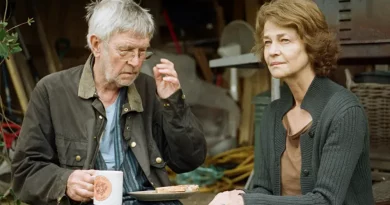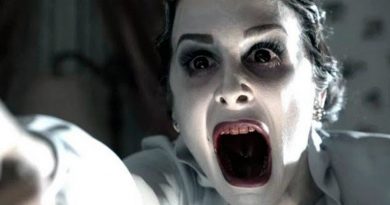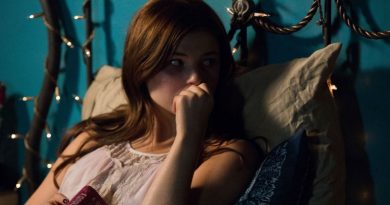Unity (15) | Close-Up Film Review
Dir. Shaun Monson, US, 2015, 99 mins
Cast: approximately 100 guest star narrators including Casey Affleck, Dianna Argon, Malin Akerman, Rik Allen, Pamela Andersen, Kristen Bell, Rose Bryne, Jessica Chastain
– Victor Hugo (Les Misérables)
Perhaps what should be praised in Shaun Monson’s 2015 documentary UNITY is its genuine attempt to make audiences reassess life as we know it.
Written, directed and produced by Monson, Unity is a sequel of sorts to his 2005 film Earthlings. In part Unity can be regarded as political. In part social. Unity makes significant commentary on the lack of unity within the human race despite our technological, social and political improvements. Humankind is yet to become a peaceful race. Still we kill and oppress one another, using animals and nature purely for our own gain.
Unity is defined as ‘the state of being united or joined as a whole’ and essentially this is what the documentary seeks to advocate, even if it does take a rather far-flung route.
Navigating its way through the beginning of the galaxy as we know it all the way through to our present day interactions, Monson’s documentary is rather longwinded, almost fanciful in many respects.
Making good use of the huge number of voluntary contributions made by a number of actors, artists, athletes, authors, businessman, entertainers, filmmakers, military personnel and musicians alike, such a mammoth task is handled confidently by Monson and co. Making it clear in the documentary’s intro that its intention is not so much to entertain as rather to activate a way of thinking in its audience that has been ‘suppressed or forgotten by the mask of society and tradition puts on us. More than that the film also helps relate us to the mystery of existence, to all of existence, of which we are merely a part” – Shaun Monson
Equipped with a powerful, unrelenting soundtrack and an immense visual library that persists throughout the entire 100 minutes, audiences are endlessly confronted with harrowing images of slaughter, terror, killing and cruelty as Monson and co. endlessly try to ram down audiences’ throats the various missteps the human race (as a whole) has taken and how we should have acted, how we should progress even. To this Monson then schools us with a number of quotes by famous historians and philosophers. Leading audiences through 5 chapters that each start with the beginning of the universe, ending with a succinct number of points as to why we need to better ourselves in the most fundamental fashion, this seems a hard pill to take from the world’s richest and most beloved actors, even if their message is important, essential even.
Of the many points the documentary makes, I am sure the sequence regarding division and violence will, if not should, affect audiences most deeply, as images of cruelty and injustice have become everyday. Discussing our race’s “weakness for territoriality which not only prevents man’s understanding of their fellow earthlings but of the cosmos which we are only a fraction of a part”… Despite all our posturing, all our imagined self importance or self congratulatory chauvinism… ” we have failed to learn from our mistakes. But the problem with an assessment of this kind is that to affect wider audiences it needs to be shown for free, to wider audiences and not just the few middle class peeps who spare some time out of their hectic daily lives to venture to their nearest Picturehouse or Curzon cinema and pay upwards of £10 to catch the film during its limited theatrical release. Despite this, there is still no guarantee that it will affect some as deeply as it affects others.
It is true that ‘we are fleeting transitional characters’ who now need to make a fundamental change in our characters if things are truly ever to get better. It is also true that we probably should not, no cannot, be “trusted with out own future” due to our “human preoccupation with an externalization of life, materiality, appearance and the individual a sort of endless blindness perpetuates…”, but it is not enough to only just state the fact.
Something much more has to be done.
In the ‘period of comparisons’ in which distances have been significantly shortened and, in theory, we should all be better connected, this assessment seems like such a reductive way to view a much larger social problem on a global scale. Our perceived apathy towards human suffering cannot be further from the case, more then ever numerous nations are making significant strides to create equality the world over, even if progress is slow.
Calling audiences “strangers of the dame blood; human blood” is idealistic even if it is true. Maybe one day, but not today, which makes his assessment even more infuriating as what the documentary preaches will take many, many years to come to fruition.
Then as the film moves from chapter to chapter making point after good point, what is there left to say about a film that demands so much from the few who will have the ability, or the inclination to see it. Well, only time will tell if we will as a whole develop a transcendence of thought and elevate our consciousness.
Review by Rayvenn Shaleigha D’Clark
[SRA value=”4″ type=”BIG”]




